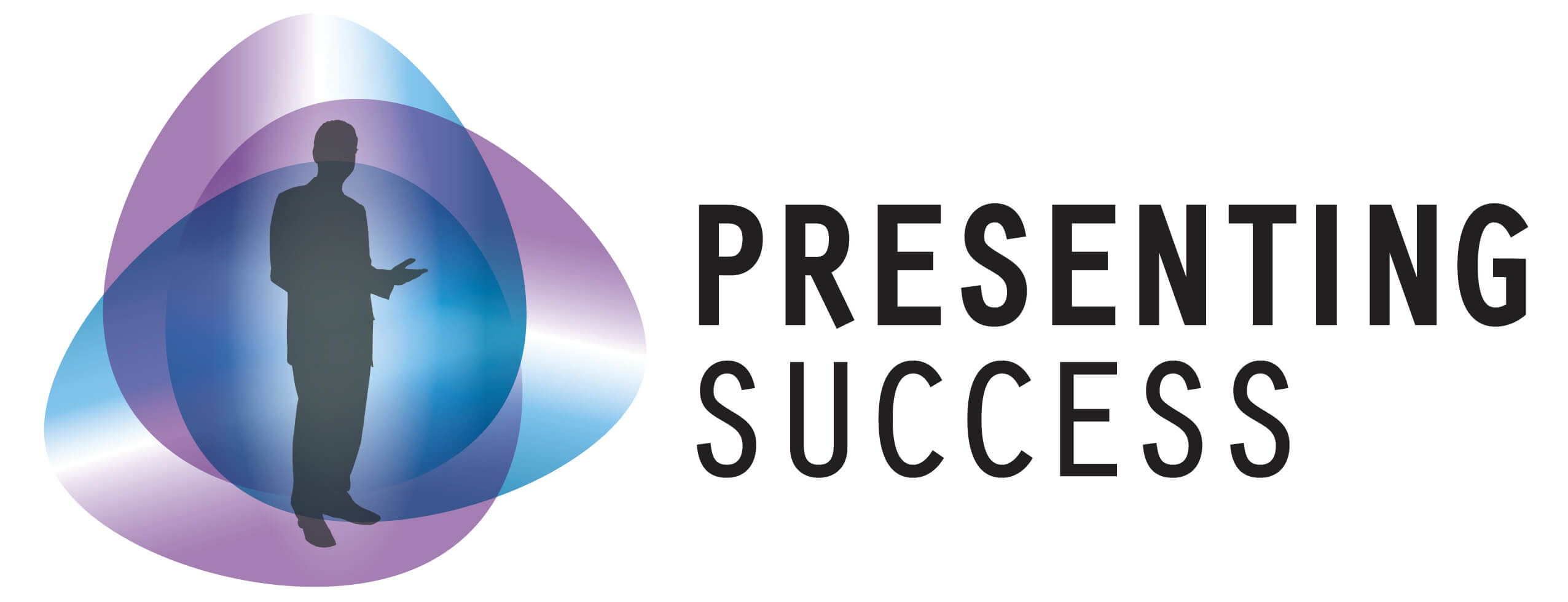First impressions "How should i open my presentation?" is a question we get asked often.…

Presentation practicing and rehearsal
The more you practice your presentation, the better you will be. The better you know your presentation the more you can put the right emotion and energy into it and ultimately focus on the audience, not on trying to remember what comes next. Notice the way that actors work. They spend hours and hours learning their lines. Only when they know the words so well can they concentrate on the emotions that bring the words truly alive. Only when they know the words so well can they make the audience believe that it’s real.
You cannot over-practice. You may feel that by saying it time and time again you’ll get bored with it. This is just familiarity, not boredom. If you really are bored with it, don’t do the talk. Ask yourself what else you can say because if you’re bored with it, what chance have you got of convincing or persuading an audience?
Practicing is saying the words out loud. Rehearsing is practicing in the venue where you’ll be speaking as if the audience is there. Ideally you need to do both, particularly if it’s an important presentation or to a large group.
Use cue cards or your slides to prompt you as you speak. When I’m asked to give a presentation I start the preparation by drawing a talk map, and then writing the points, examples and stories in bullet points onto 8×5 cue cards. I then talk it through in my head a few times until I’m happy with the flow and the links and that I’m making my point. Then I’ll start speaking it out loud using my cue cards (or slides if you’re using slides) as prompts. I find that as I start to remember the words I can reduce the number of bullets on the cards. Eventually, just a glance at my card will give me the clue I may need to deliver the next point.
Record yourself on your phone at some time but don’t do this too early. You need to wait until you are fairly fluent. If you do record yourself when you listen back listen for when you need to pause, what to emphasise, what to make clearer – where are you not making yourself clear?
Do practice in front of others you trust to give you honest feedback. But you know what you want to achieve so while their suggestions may be very helpful ultimately it’s your talk.
Listen to any great speaker (see www.TED.com for many examples) and you may wonder why they are so good. These talks have been practiced and rehearsed, over and over. And if we go back to Martin Luther King (“I have a dream” speech) and Winston Churchill’s wartime speeches we know that they were practiced before. This will be true of every great speaker.
Practicing and rehearsal is a key part of your preparation. Many speakers without proper practicing will tell themselves, after they have given their presentation, that it could have gone better. If you want to be really good, don’t skip this important step.



